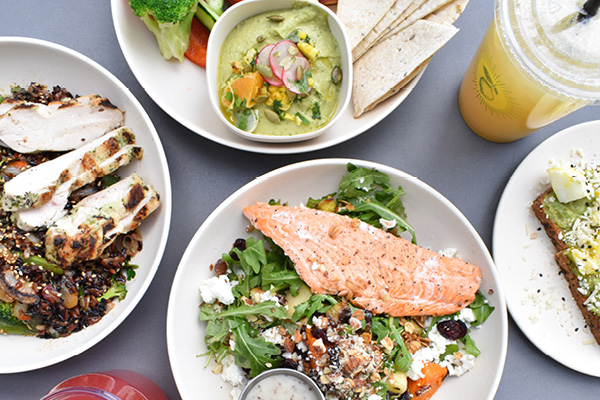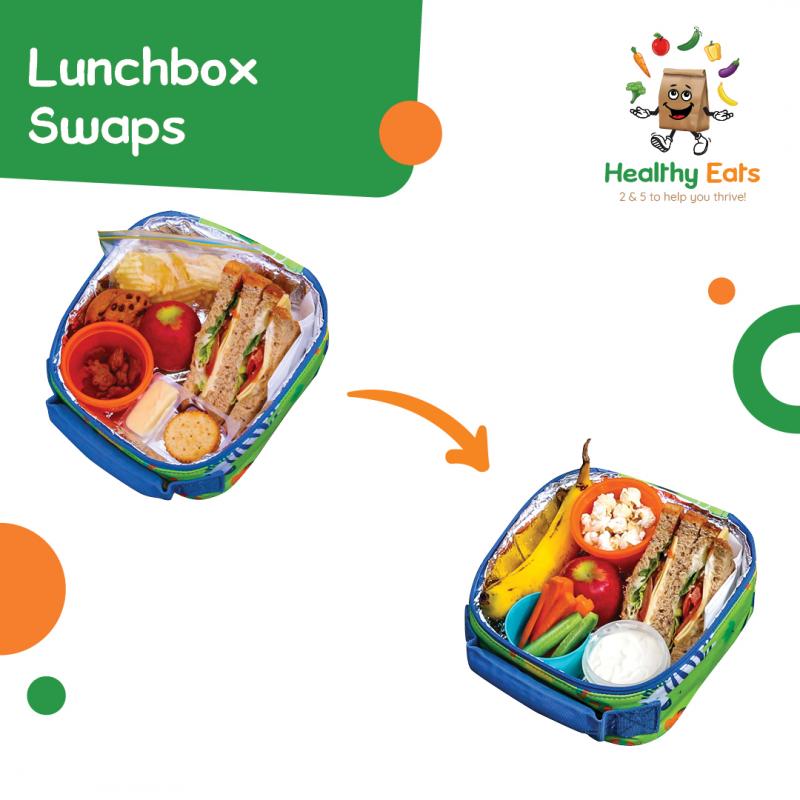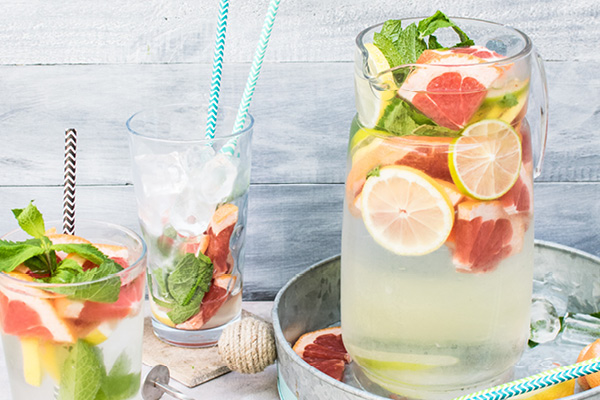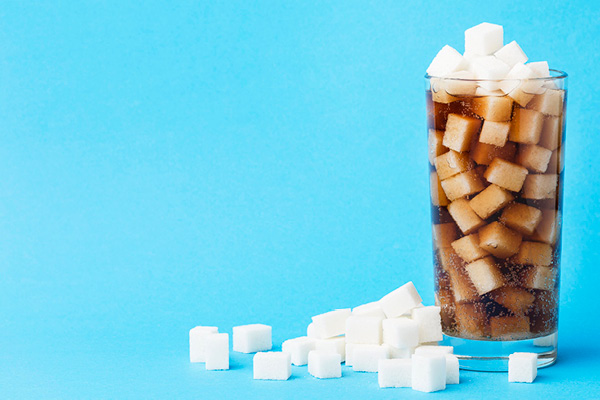Do you reach for a chocolate or sweet treat when you’re anxious or stressed?
As much as these discretionary foods can give you a quick mood boost, research shows a healthy diet of natural wholefoods is a much better way to go. Not only is a healthy, balanced diet critical for our physical health, it’s equally important, for our mental wellbeing.
Parenting expert Michael Grose, who along with Dr Jodi Richardson, co-wrote Anxious Kids: How children can turn their anxiety into resilience (2019), shares a number of anti-anxiety strategies in our Life Education Queensland podcast, including how a healthy, balanced diet can help manage or reduce anxiety.
Families are at the forefront of modelling positive eating behaviours to children.
Try these four tips below to help your family maintain a healthy diet and good mental wellbeing.
You probably heard the saying when you were growing up, ‘you are what you eat’. Sure enough, this rings true when it comes to physical and mental health.
Eating real and unprocessed food like fruits, vegetables, nuts, legumes, dairy, poultry, eggs, and the occasional serve of red meat is associated with reducing the risk of anxiety and depression (Health Direct, 2021).
Eat for Health recommends for a balanced, healthy daily diet to maintain good gut health for anyone over nine years of age we should be consuming:

Have you seen those lunchbox “hack” videos where families prep their children’s lunchbox a month in advance? Notice in some of these there is an abundance of high sugar foods like chips, soft drinks, muesli bars, lollies, cookies, muffins, and more.
Not only are these highly processed, discretionary foods, but the high sugar content and other additives can inhibit the brain’s ability to manage stress.
Removing unnecessary sugar from the diet and swapping it with other real food alternatives is a great way to look at quickly reducing sugar intake.
Some healthy lunchbox swaps that are a quick fix include:
Check out our other healthy lunchbox swap tips here.

Water should be the main go-to for children when they are thirsty, which will help build positive lifelong habits when they grow older.
Do you notice when you’re a bit dehydrated it can affect your mood? Side-effects can include headaches, brain fog, and even tiredness.
If you struggle to get your children to drink water, here are a few helpful tips:

Children might not be having a latte at school with their mates, but the main caffeine issue affecting children are soft drinks and energy drinks.
The 2021 Food Standards Australia and New Zealand (FSANZ), recommend that for children under 18 years of age, a child should not have more than 3mg of caffeine per kilo of their body weight in a single serving.
Considering a standard energy drink contains 80mg caffeine in a 250ml can and a standard cola soft drink contains 36.4mg caffeine per 375ml can, it’s easy for young people to consume too much.
A FSANZ Expert Working Group reviewed available studies and literature, and found evidence of increased anxiety levels in children who consumed 3mg of caffeine per kilo of their body weight per day.
Doctors commonly recommend that people who suffer from anxiety or poor sleep should limit their caffeine intake. Limiting caffeine intake is especially important for little ones whose brains and bodies are still developing.

For more top tips from parenting expert Michael Grose, listen to our podcast Helping children turn anxiety into resilience here. Or for a deep dive into this topic, you can purchase his book with Dr Jodi Richardson, Anxious Kids: How children can turn their anxiety into resilience here.
Learn some other tips with blogs from the podcast here Gen anxious: How to help your child dial down anxiety and 7 tips to get your kids moving outdoors.
Or you can delve even deeper into food, mood, and brain health with Professor Selena Bartlett here.
To hear more of our free resources for families, visit our podcasts here, or you can find us on your favourite podcast platforms.